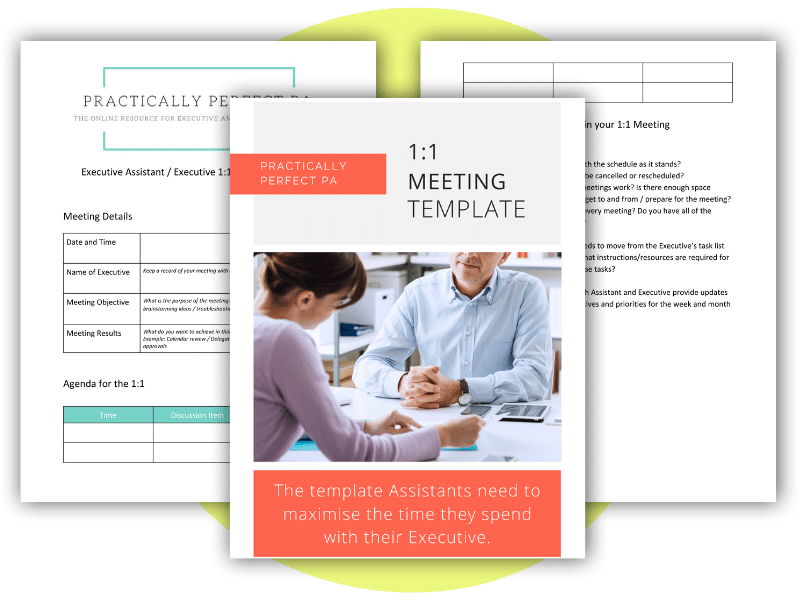What to avoid when managing up
Are you a new Assistant aiming to excel in your role? As you manoeuvre through the challenges of managing up, down, and laterally within your organisation, it’s vital to be cognisant of potential pitfalls that might arise. In this article, we will delve into what to avoid when managing up and some crucial considerations for Personal and Executive Assistants as they work to effectively manage their relationships with their Executives, colleagues, and peers.
Stay in Your Lane
As an Assistant, you’re employed for your expertise. It’s imperative to remember that your Executives might not have the same level of knowledge or experience in this domain. When managing up, concentrate on offering support and insights within your area of expertise rather than encroaching upon areas that fall outside your remit.
Respond: Don’t React
When it comes to managing up, it’s essential to respond thoughtfully and strategically rather than reacting on impulse. Take a moment to evaluate whether the issue at hand merits attention and consider its potential impact on the trust and rapport with your Executive. Managing up should be a deliberate act that aligns with your Executive’s goals and priorities.
Support Your Points with Facts
When thinking about what to avoid when managing up, it’s important to steer clear of making assumptions about your manager’s preferences and expectations without verifying them. Should you decide to manage upwards, come prepared to substantiate your recommendations with facts and data. A well-researched and robust argument will be more persuasive to your Executive and increase the chances of your suggestions being considered.
Identify Non-Negotiables
It’s crucial to acknowledge that there may be particular areas where your Executive is not amenable to suggestions or alterations. Recognise and respect these non-negotiables. Instead of attempting to manage up in these areas, focus on constructing a support model that complements your Executive’s preferences and working style.
Be Mindful of Emotions
Managing up can occasionally involve navigating sensitive or emotional scenarios. Keeping your emotions in check and approaching such matters with professionalism and empathy is vital. Be aware of your Executive’s emotions, striving to understand their viewpoint before proffering solutions or recommendations.
Take Time for Reflection
As a personal assistant, you may frequently find yourself operating at a brisk pace, juggling myriad tasks and responsibilities. Nevertheless, setting aside time for reflection on your strategies for managing upwards, downwards, and laterally is essential. Consider soliciting feedback from trusted colleagues or mentors.
Cultivate Relationships
Managing in all directions demands building and nurturing relationships with your Executive, peers, and colleagues. Invest in fostering trust and rapport among these stakeholders, striving to maintain open channels of communication. Positive relationships will render managing these relationships more effective and impactful.
Be a Problem Solver
As an Assistant, your unique perspective allows you to identify and tackle problems or challenges that may emerge in your organisation. Rather than merely pointing out issues, aim to be a problem solver by suggesting potential solutions or avenues for improvement. This proactive stance will highlight your value to your Executive and organisation.
Communicate Clearly
Clear communication is pivotal in managing up, down, and laterally. Articulate your ideas, recommendations, and concerns succinctly and professionally, remaining open to feedback and constructive criticism.
Maintain Professionalism
Lastly, upholding a high professionalism standard in all your interactions is vital. Steer clear of office politics or gossip and conduct yourself in a manner that reflects positively on both your Executive and organisation. Professionalism engenders credibility and trust, which are indispensable in managing relationships effectively.
Managing up as an Assistant can be an invaluable skill that enhances your effectiveness and contributes to the success of both your Executive and the organisation. However, it’s imperative to be aware of potential pitfalls, such as overstepping boundaries, reacting rather than responding and lacking tact in communication. By staying within your lane, being considerate and proactive, and upholding a professional and respectful demeanour, you can effectively manage upwards and contribute to a harmonious working relationship with your Executive.
Managing up isn’t about seizing control; it’s about supporting and assisting your Executives in realising their goals. Before you venture into managing up, please take a moment to ponder these key considerations and approach them professionally, tactfully, and strategically.
Join our Managing Up and Working in Sync online course today! Develop the crucial skills needed to manage up effectively as an Assistant. Enhance your effectiveness, contribute to your Executive’s success, and foster a positive organisational environment.





